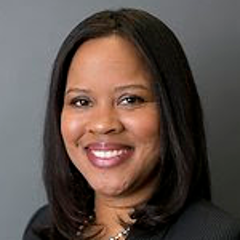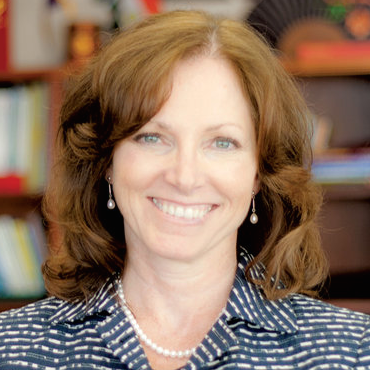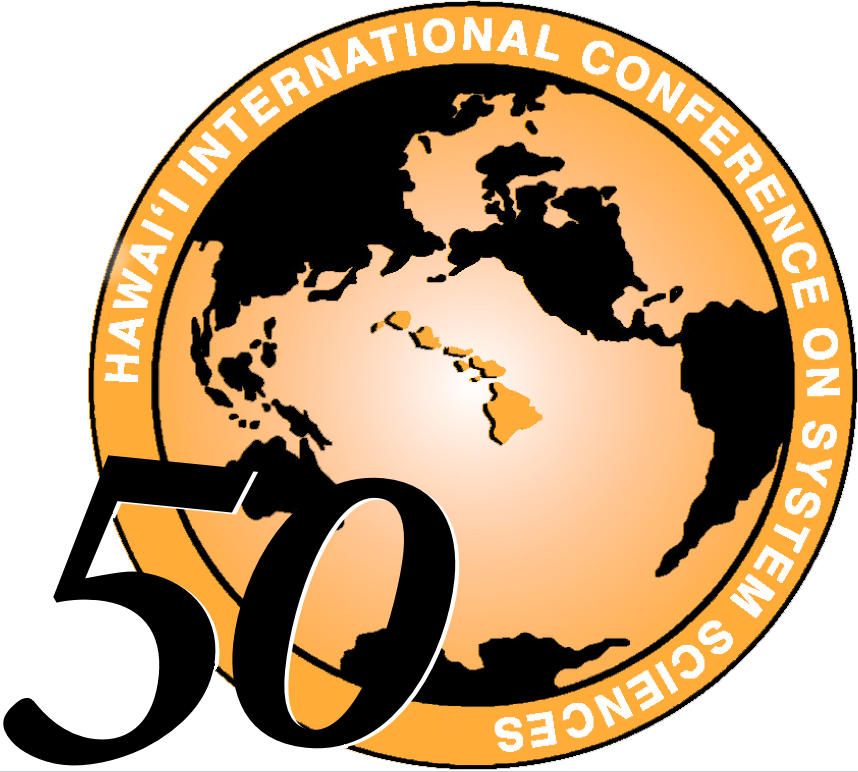HICSS - 50 E-Government Track
50th Hawaii International Conference on System Sciences
January 4-7, 2017 - Hilton Waikoloa Village, Big Island, HI, USA
Overview
Minitracks
Symposia and Workshops
Other Links
Smart cities: Bringing research and practice together
Full-Day Symposium, January 4, 2017






This year the 10thth e-Government Symposium will focus on the topic of smart cities as it kicks off the activities of the HICSS-50 e-Government Track.
Over the past few decades, the challenges faced by municipal administrations, such as urban growth or migration, have become increasingly complex and interrelated. In addition to the traditional land-use regulation, urban maintenance, production, and management of services, governments are required to meet new demands from different actors regarding water supply, natural resources’ sustainability, education, safety, or transportation. Furthermore, today, cities are in strong competition for companies, tourists, and most of all talents, and they are also experiencing unprecedented socio-economic crises.
In this context, innovation, and particularly technological innovation, can help local governments to face the challenges of contemporary urban governance, to improve urban environments, to increase cities’ competitiveness, and to cope with environmental risks. To prevent and manage all these difficulties, cities need to be innovative. In this context, the smart city concept strongly emerges.
During a full-day meeting, we will discuss issues such as the challenges cities face nowadays, the different definitions of smart cities, the diverse strategies undertook by different cities in order to become smart, the role of stakeholders (companies, universities, and citizens, among other), the contribution of the academy to the smart city “movement”, the operationalization of smart cities, the overcoming of silo management (which has been the traditional way cities and counties have been managed), or the contribution of big data or the Internet of Things. We will also evaluate the impact and the transformation in cities brought about by the transition to smartness, including quantitative and qualitative assessments. Theoretical approaches but, also, case studies of successes and failures will be presented in order to collect several learned lessons that may be useful for researchers and practitioners with an interest in this field.
The meeting will be complemented with a Smart Cities and Smart Government Research-Practice Consortium (SCSGRPC) session. The SCSGRPC is a robust global research community focused on innovations in technology, management and policy that change the fabric of the world’s cities. Through purposeful networking, and collaborative and connected research, the Consortium members come together to share ideas, new knowledge, and research and practice innovations in the interest of increasing opportunity for all those who live in and work in these cities. The SCSGRP Consortium is based at the Center for Technology in Government, University at Albany, State University of New York.
Attendees will participate in discussion and workshop sessions to identify common issues and opportunities for research-practice collaborations.
The symposium complements the paper sessions of the HICSS-50 E-Government Track.
More information on the symposium leader
Mila Gascó holds a MBA and a Ph. D. in public policy evaluation (Award Enric Prat de la Riba granted to the best Ph. D. thesis on public management and administration, given by the Escola d’Administració Pública de Catalunya in Barcelona, Spain). Nowadays, she is a senior researcher at the Institute of Public Governance and Management (ESADE Business & Law School – Ramon Llull University). There, she is in charge of the e-governance, open government and smart cities areas of research.
For seven years, she was a senior analyst at the International Institute on Governance of Catalonia. She was in charge of the local studies and the information society areas of research. She has also taught at different universities. Among other, she has taught Management in the Rovira Virgili University and Public Policies Evaluation at the Pompeu Fabra University. She is also doing a lot of supervising work on information society-related research and PhD thesis.
Mila Gascó has a lot of consulting experience on the information and knowledge society as well. In this respect, she has worked for a wide variety of organizations such as the United Nations Development Program, the Mayor’s Office in Valencia (Venezuela), the Spanish Agency for International Development Cooperation, the City Council and the Provincial Council of Barcelona, the International Institute for Democracy and Electoral Assistance, the Latin American Centre on Management for Development (for whom she co-developed the Ibero-American Interoperability Framework), the World E-Governments Organization of Cities and Local Governments (she was the leading judge for the WeGo Awards), the Inter-American Development Bank, or Google.
Symposium Leader
Mila Gascó
(Primary Contact)
Institute of Public Governance and Management
ESADE – Ramon Llull University
Av. Pedralbes 60-62.
E-08034 Barcelona, Spain
Phone: +34-932-806-162
Email: mila.gasco@esade.edu
Co-Chairs & Co-Sponsors
Hans J (Jochen) Scholl
Professor
The Information School
University of Washington
Seattle, WA (USA)
Email: jscholl@uw.edu
Lemuria Carter
Chair of the Information Systems Department
School of Business
Virginia Commonwealth University
Richmond, VA (USA)
Email: Ldcarter@vcu.edu
Co-Chairs
Theresa Pardo
Director
Center for Technology in Government
State University of New York
Albany, NY (USA)
Email: tpardo@ctg.albany.edu
J. Ramón Gil-García
Research Director
Center for Technology in Government
State University of New York
Albany, NY (USA)
Email: jgil-garcia@ctg.albany.edu
Mitch Cochran
Information Systems Manager
City of Monrovia
Monrovia, CA (USA)
Email: mcochran@ci.monrovia.ca.us
